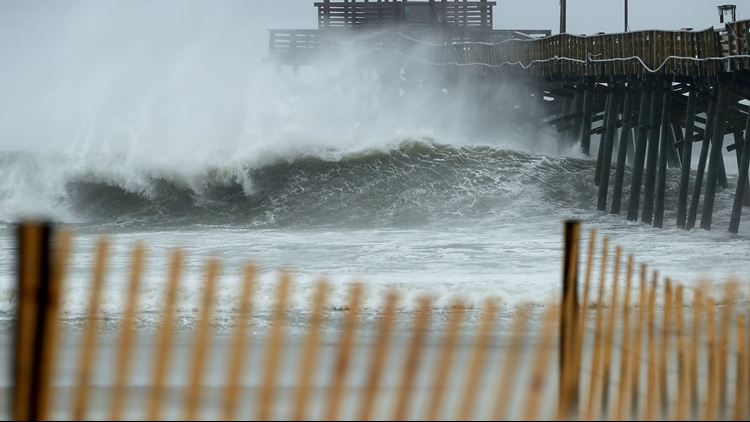On Wednesday ahead of Hurricane Florence’s expected landfall, Georgia’s governor Nathan Deal declared a state of emergency for all 159 counties in the state.
Whenever we hear that phrase – “state of emergency” – our ears perk up. But what exactly does that mean?
We got this question from Mike Harrington: "So confused about Florence's impact on metro Atlanta. State of emergency? Please let us know what we should be concerned about in metro Atlanta."
So 11Alive studied the governor's executive order, and also went directly to GEMA for clarification.
We found that the state of emergency doesn't mean Florence is going to directly impact every county in Georgia. It simply gives the state flexibility. Declaring a state of emergency gives the governor and his emergency management team extra latitude to deal with a situation quickly.
This happens when a significant event may require state aid go along with local resources. It also speeds up assistance to communities in need, and allows additional resources that will help provide essential services, such as evacuations, shelters, and rescues, as needed.
This particular order also temporarily relaxes rules for commercial truck drivers delivering fuel or emergency supplies.
TRACKING FLORENCE | Spaghetti models, forecast cone and satellite
But the main takeaway: Georgia could be soaked by rain and battered by high winds, and because the storm's exact path is still unknown, it’s better to be safe than sorry.



